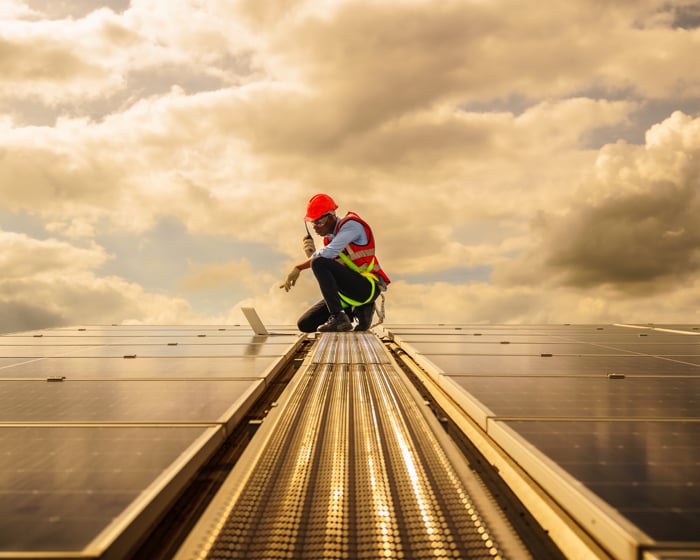Key Takeaways
- Individual solar electric credit eligibility.
- Expenditures are treated as made when original installation is completed.
- OBBB accelerates the credit termination to installation completed as of December 31, 2025.
Here’s how the One Big Beautiful Bill impacts the residential solar energy credit under Section 25D.
What is section 25D?
Section 25D, the Residential Clean Energy Credit, was enhanced and extended by the Inflation Reduction Act (IRA) in 2022. Section 25D allows for an income tax credit equal to the sum of enumerated energy credits.
A taxpayer is eligible for a 30% credit of the qualified solar electric property expenditures. The credit is nonrefundable but can be carried forward. Further, the increase in basis resulting from the qualified solar electric property expenditures must be reduced by the amount of the credit claimed.
Many of these enhancements remain untouched by the OBBB. Specifically, the OBBB only accelerates the credit’s termination date.
Qualified Solar Electric Property
A qualified solar electric property expenditure uses solar energy to generate electricity in a dwelling used as a residence. Section 25D credit may be claimed for property installed in or on a dwelling unit used as a second home or a vacation home.
However, a Section 25D credit is not allowed for improvements made to an investment property, such as rental property, that is not also used as a residence. For a residence used for both nonbusiness and business purposes, a credit is available if less than 80 percent of the use is for nonbusiness purposes. In that case, only that portion of the expenditures for solar properly allocable to use for nonbusiness purposes is taken into account.
If used for business purposes, you can use the Section 48E, Clean Electricity Investment Tax Credit.
Section 25D eligible expenditures include labor costs properly allocable to the onsite preparation, assembly, or original installation of the solar property and piping or wiring that interconnects the solar property to the dwelling. However, the eligible expenditures do not include costs associated with solar on a swimming pool or hot tub.
Impact of Tax Legislation on Section 25D
Prior to the OBBB, Section 25D terminated for expenditures made after December 31, 2034. The OBBB amends this language so that Section 25D terminates for expenditures made after December 31, 2025.
Generally, Section 25D defines when an expenditure is made as when the original installation of the property is completed. However, in the case of expenditures made in connection with the construction of a residence, an expenditure is treated as being made when the taxpayer’s original use of the residence begins. In this case, you cannot claim the solar credit until the year the original use of the structure begins.
Further, the IRS has provided in written guidance that if you finance the purchase of a qualifying property through the seller of the property, you may calculate the amount of the credit based on the full cost of the property if you are contractually obligated to pay the entire amount.
The changes to Section 25D, including key dates, allocations, and includable costs, may be confusing. We can guide you through the credit process and the impact of new tax legislation.
Stay Up to Date

Tax
We have the tax expertise to meet your business needs.
Who We Are
Eide Bailly is a CPA firm bringing practical expertise in tax, audit, and advisory to help you perform, protect, and prosper with confidence.




